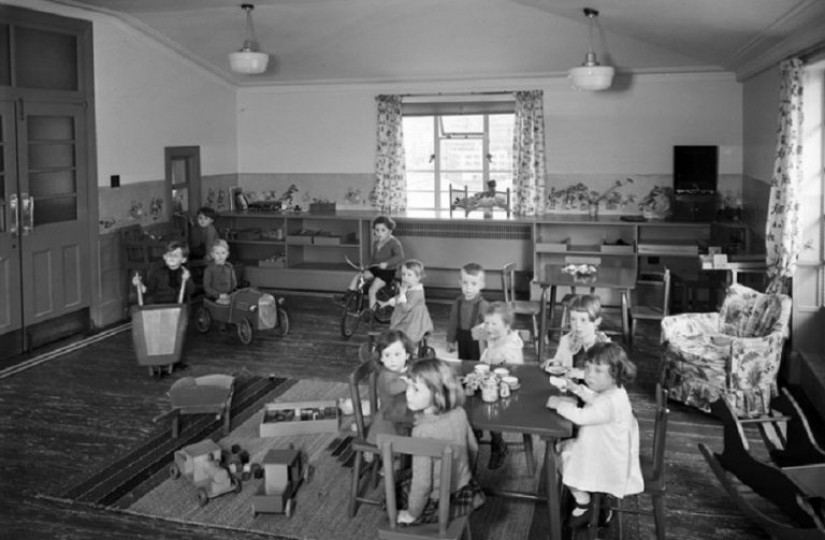
The first kindergarten was established 179 years ago
In the middle of the industrial revolution, in 1840, pedagogue Friedrich Wilhelm August Frebel founded the General German Kindergarten in Blankenburg, Thuringia, the first kindergarten in the world.
There used to be places to take care of children, but they were called babysitting institutions or babysitting schools. For older children, there was already a school obligation, while for small children, at best, there were institutions that kept them from complete neglect.
Revolutionary pedagogy
That was not enough for Frebel. Inspired by the ideas of the Enlightenment, he understood people as free individuals who were created from birth to develop freely. In Frebel's opinion, education also belonged to that. As with the Swiss pedagogue Johann Heinrich Pestalozzi, with whom Frebel studied in his younger days, for him the education of children - regardless of origin and gender - is a fundamental pillar of a democratic society.
But Frebel went a step further. He argued that children should be given access to education as soon as possible. By that - especially for small children - he did not mean actual teaching. Frebel believed that children learn best through their natural behavior - play.
He recognized what is always emphasized in developmental psychology today, namely, that learning and development are an active process, not a passive one. So, instead of instilling some knowledge in untalented children, he wanted to let the children discover their world.
Professionalism
In order to convey basic mathematical and physical laws to young children, Frebel developed toys in the form of geometric figures, such as cubes, cylinders and spheres. The task of educators and adults is to follow children linguistically and emotionally. Thus, children learn to articulate what they have experienced and develop their social competencies.
The world's first kindergarten Frebel had to close after only two years due to lack of money. But, he did not give up, but traveled and gave lectures and educated professional educators. At the beginning, they were mostly men who ran schools, later, above all, unmarried women, to whom Frebel then opened a rare chance for a qualified profession.
Export hit kindergarten
But, at the end of the civil-democratic revolution of 1848, the Prussian state banned too progressive concepts. Obedient subjects preferred obedient subjects to individuals who thought freely. In the largest German state, before the unification of August 1851, the existence of kindergartens was no longer allowed. Frebel's pedagogical reform seemed to be coming to an end, all the more so as its creator died a year later at the age of 70.
But the kindergarten embarked on a triumphant march around the world. The ban on kindergartens in Prussia was equal to the ban on the work of educators. These were very wise, educated women who also spoke foreign languages. They spread across countries where capitalism was more advanced and the need for kindergartens greater than in Germany, thus spreading the concept.
Frebel's second wife had good connections in Russia, where Leo Tolstoy was reportedly interested in his teachings. With the concept, the name kindergarten went out into the world. The reason is certainly that Frebel chose the name very carefully.
(Nezavisne.com/Interview.ba)





